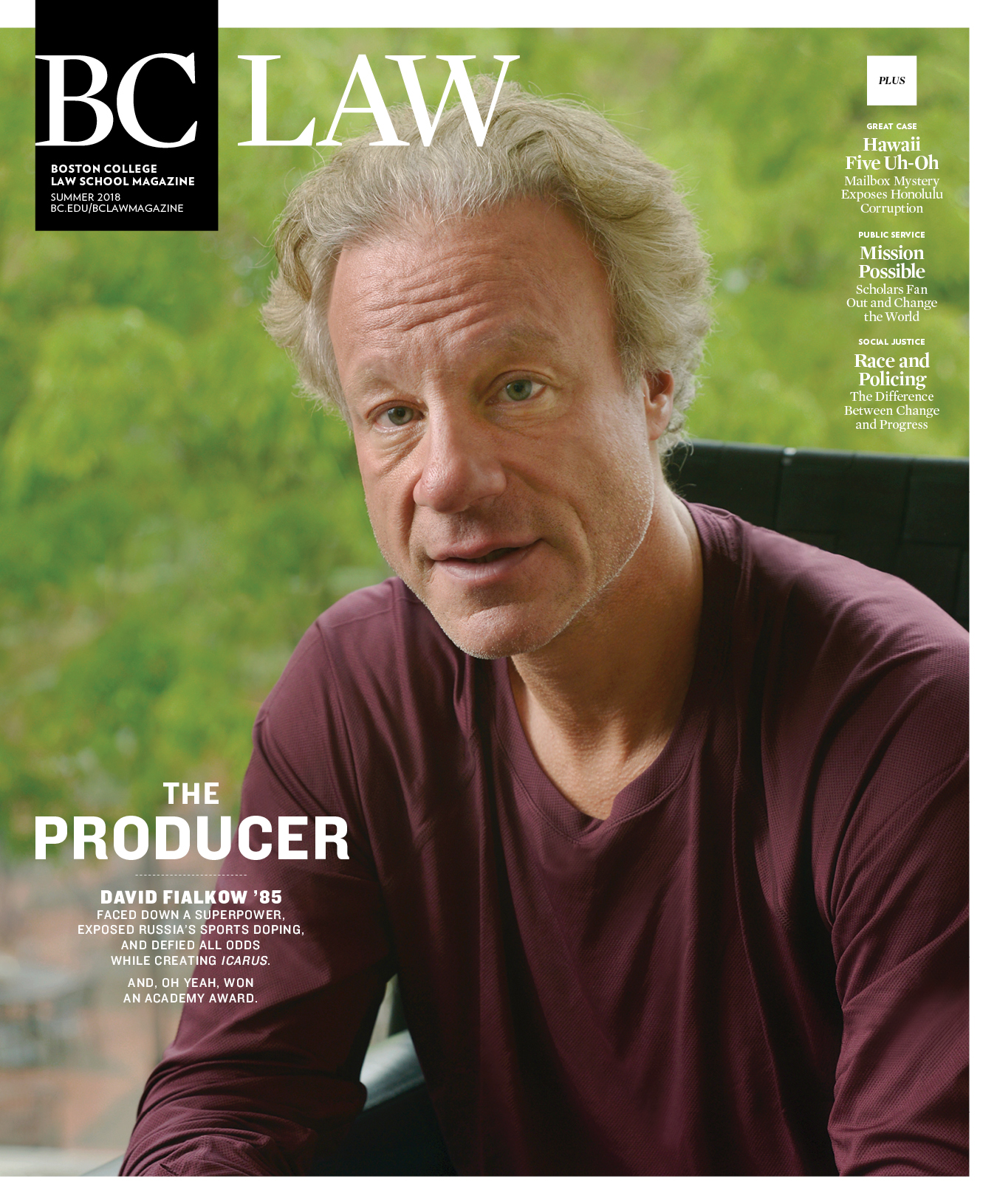Pocket Résumé
Degrees: JD (1990) and PhD (in ethics, 1991), Yale. Credentials: Named the Cary and Ann Maguire Chair in Ethics and American History at the Kluge Center of the Library of Congress (2018-2019); Darald and Juliet Libby Professor of Law and Theology, Boston College (2014–date); visiting professor at Princeton and Yale (2013); professor of law and theology, Notre Dame (1995–2013). Private Practice: Associate, Ropes & Gray, Boston (1992–1995). Clerkship: Clerk for John T. Noonan Jr., US Court of Appeals, 9th Circuit (1991–1992). Writing: Author of four books and many articles in peer-reviewed journals and magazines.
The Idea: Deliberative rhetoric—logical and detailed—should be the default mode for political discourse. A very different mode, the prophetic indictment, in use since the time of the Hebrew prophets, also has a place in our political life, but with its passionate, uncompromising tone, it risks further dividing an already divided polity and antagonizing audiences, and thus it should be used with extreme care and only as a last resort.
The Impact: Professor Cathleen Kaveny’s Prophecy without Contempt (Harvard, 2016), which traces the use of prophetic indictments from biblical days through the 21st century culture wars, has—to understate the case—been received enthusiastically. “The four sections of Kaveny’s book are so … rich with insight that each could be a book on its own,” raves the Christian Century, an organ of mainline Protestantism. The book is “a monumental achievement,” echoes the National Catholic Reporter. “I do not know if those religious figures who enter the public square will heed Kaveny’s counsel, but I do know that if they did, our civic discourse would be edified,” adds a reviewer for Commonweal. At a panel discussion held around the time of publication, the Most Reverend Robert McElroy, Catholic bishop of San Diego, called the book “very helpful on a number of levels.” In particular, he praised Kaveny for making the case for “robust, evocative religious language in the public square.”
McElroy is pointing out that, unlike other students of political speech, including John Rawls, the late philosopher, and the Yale law professor Stephen Carter, Kaveny worries that requiring civility in all public discourse would muffle those speaking in the prophetic tradition of Abraham Lincoln and Martin Luther King. At the same time, however, she readily admits that many of today’s culture warrior prophets accomplish little more than venting rage when calmer discussion might advance their cause further.
As an example of a misaimed prophecy, she cites remarks by the preacher cum pundit Mike Huckabee, a former Arkansas governor, in which he blames the shootings of Newtown, Connecticut, schoolchildren on what he calls “the systematic removal of God from our schools.” Another example, reproduced verbatim in her book, is a vitriolic open letter from Frank Pavone, a Catholic priest and prolife activist, to Michael Schiavo, who had recently ended life support for his wife, Terri, after she had lain in a vegetative coma for some fifteen years. Pavone, says Kaveny, “doesn’t see the real difficulties in the debate about what should be done for Terri Schiavo,” including the condition of Schiavo’s brain. Further, Pavone’s scorching language “showed contempt for Michael Schiavo and anyone who saw the issue as he did,” says Kaveny. The book contrasts Pavone’s letter with another, better known prophetic indictment, Martin Luther King’s famous “I Have a Dream” speech. King accused Americans of breaching a contract—the Constitution—in their treatment of fellow citizens but, unlike the letter, his speech, says Kaveny, “also held out the possibility of redemption and reconciliation.”
Because prophetic rhetoric can so easily go awry, Kaveny argues for restricting its use to fundamental moral issues, not including things like “whether the tax rate should be 40 percent or 30 percent.” She also argues for using it only when political dialogue has become “corrupted”—as in the debates over gun violence and climate change, where one side has worked to deny or suppress crucial information.
Pointing to similarities between legal indictments and prophetic ones, the book quotes from a 1940 speech by then-US Attorney Robert H. Jackson advising prosecutors to “seek truth and not victims” and “serve the law and not factional purposes.” Applied to would-be prophets, Kaveny writes, this means “measur[ing] their claims—and themselves—by their conception of a law that promotes the good of the whole community” and avoiding the use of prophetic speech “to ravage personal, professional, or political opponents.” Kaveny also recommends that a cost-benefit analysis precede any use of the prophetic indictment, with the costs sometimes including additional fraying of the social fabric and the end of any hope for dialogue with one’s opponents.
Outside of Prophecy without Contempt, Kaveny’s writing has a breathtaking range, including articles on topics from affirmative action to conjoined twins to President Bill Clinton’s sex scandals. Has she ever felt tempted to assume the prophetic stance in her public communications? “I’ve been sharp,” she admits, “but I don’t know if I’ve ever been prophetic. If you’re trained as a lawyer, you tend to see both sides.”



